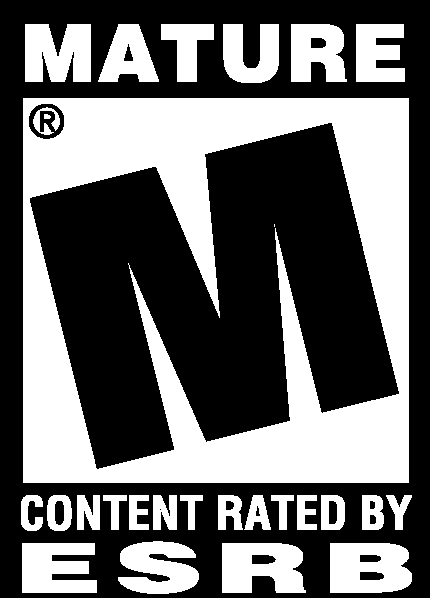Video games are under fire yet again from a concerned parental organization. The PTC, or Parent Television Council found in a recently conducted experiment (consisting of minors attempting to purchase mature rated games) that 19% of underage gamers were able to obtain games that were rated mature. This is a 16% drop from a similar experiment held in 2008.
The drop apparently wasn't good enough for the PTC, as described in this statement:
"While this is an improvement it is hardly the level of compliance parents should expect from an industry that touts its ratings system as a solution. Thus, compliance with ESRB guidelines – even by the ESRB's own retail partners – has hardly improved in two years,"
The ESRB's director of communications, Eliot Mizrachi, responded to this by pointing out that its rating system is more effective than those in other forms of popular entertainment saying:
"Altogether, retailers' rate of restriction for mature-rated games is the highest of any entertainment product tested by the Federal Trade Commission, including DVDs, CDs, and admittance to R-rated films in theaters. Putting aside questionable methodology – which precludes their studies from being compared to those commissioned by the FTC – the Parent Television Council's mystery shopper results actually reveal significant improvement despite their efforts to disguise that fact."
So it appears the PTC is making statements against the ESRB despite the fact that the results have actually improved over the last two years. I somehow find this a bit odd. This debate will reach its boiling point when the Supreme Court sees a case intending to ban the sale of mature games to minors on November 2nd. In case you didn't know, games rated M are intended for sale to gamers age seventeen and up.


